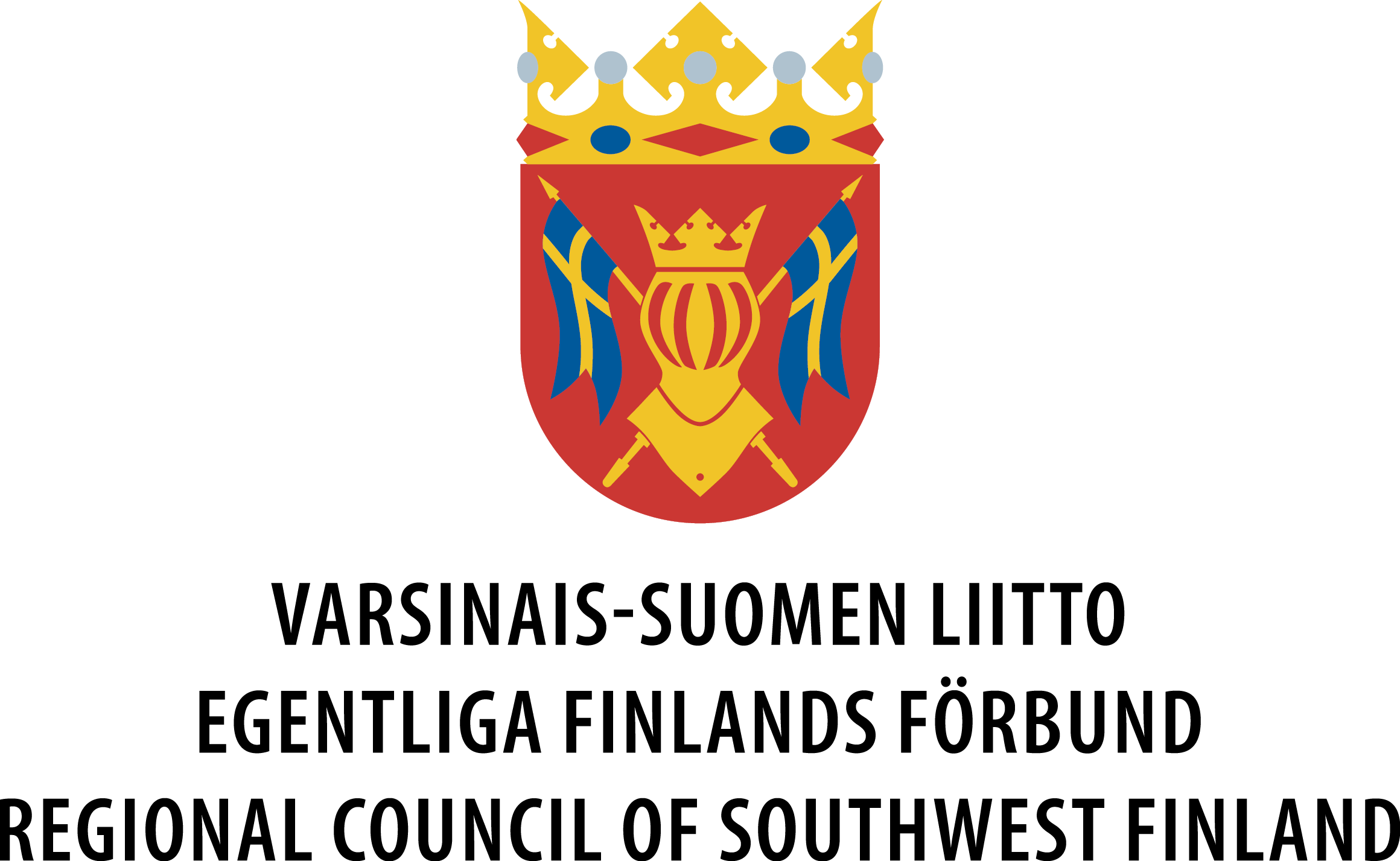Talsinki Metropolitan Incubation
The Talsinki Metropolitan Incubation project aimed to facilitate the creation of new joint Central Baltic knowledge-intensive companies and co-creation among these companies in the Tallinn-Helsinki area through a network of partners who developed and implemented an integrated incubation service that addressed regional startup ecosystem needs and utilized common resources.
- Implementation date10/1/2015 - 9/30/2018
- FunderInterreg Central Baltic 2014-2020
- Research programme
- Project typeInternational RDI
- ThemesEntrepreneurship
- Project managerTaina Kilpinen
The project addressed four business verticals: ICT, health tech, clean tech and creative industries. Each partner focused on said verticals to accommodate regional development strategies.
The aim was to develop a shared process for incubating and accelerating new companies around a common model of startup development phases. The parties mapped existing programs over these phases, compared and benchmarked specific services provided by the partners and assessed the needs of new knowledge-intensive companies for new services and benefits of cross-border collaboration.
The assessment was followed by establishing relevant procedures to develop cross-border teams. Service design methods and rapid experimentation were utilized in working together and in introducing new services. The goal was to serve new entrepreneurs significantly better than through individual offerings.
Training sessions were offered mostly on pitching, product development, marketing and selling during the project. The participating startups came from the project partners. The project partnered also with other players in the startup ecosystem to organize events either in investor-related or team-related matchmaking. Project was also able to cooperate with different key startup events like Arctic15, Latitude59, Slush and sTARTUp Day in Tartu and offer its startups a chance to participate in these events and meet potential investors and other partners in the ecosystem. The project partners shared advisors and coaches during International Coaching Days which were organized by the project. We found that a more individual approach had better results in achieving project goals than mass offerings even though trainings and bigger events gave startups good opportunities for networking. The project also piloted the Talsinki Design Day for creative startups as well as run its own hackathon in order to establish more cross-border teams. Cross-border advisors and investors were found during investor maching and coaching events. The Estonian and Finnish business angels networks were able to establish a close working relationship and share new ideas for cooperation during the project.
The main partner was Tallinn Science Park Tehnopol and the other partners were Estonian Business Angel Network (EstBAN), Tallinn Business Incubators (TBI) and South-Eastern Finland University of Applied Sciences (XAMK)
www.cbtalsinki.eu
